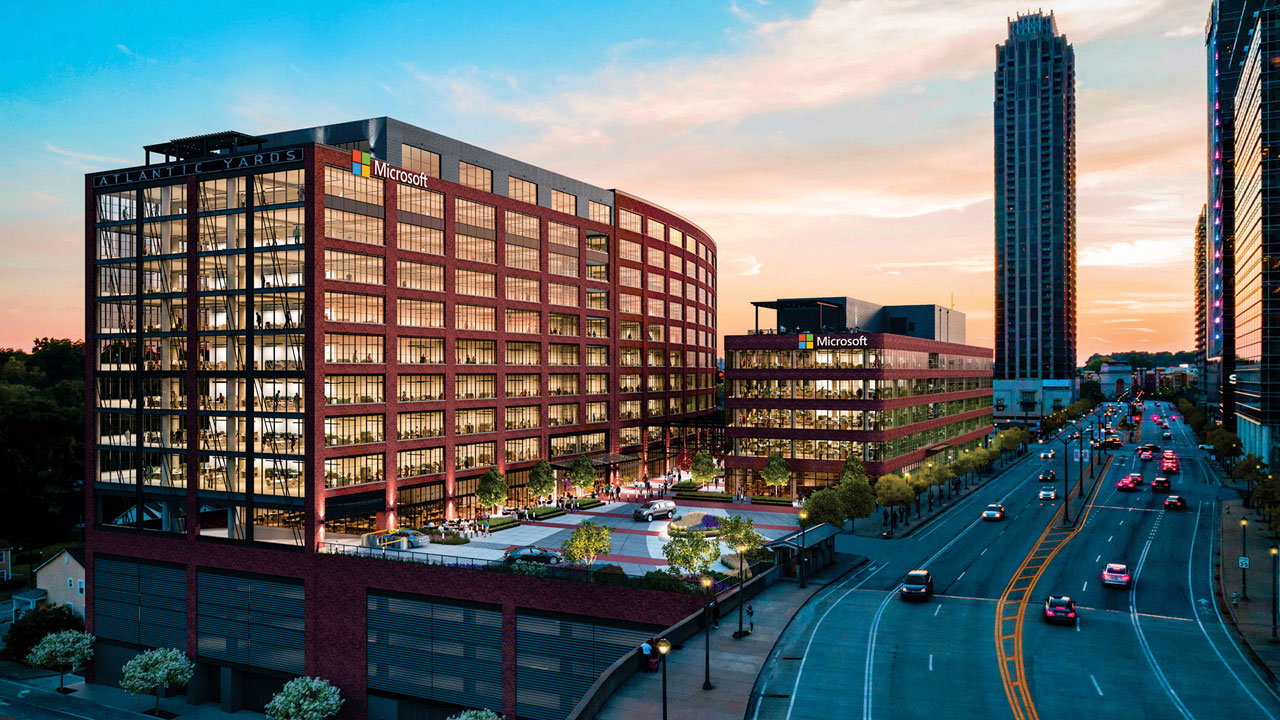
Microsoft is under pressure to reaffirm its plans for a sizable new complex in Atlanta. The tech giant is sitting on a 90-acre site after delaying an official groundbreaking that was due to occur last year. The delay has put into question whether Microsoft’s signaled intent to build a major corporate campus, and hence create up to 15,000 jobs, will ever bear fruit.
Atlanta Mayor Andre Dickens is unhappy with the impasse and told Bloomberg that he intends to push for a decision from Microsoft and potentially take back the land for other uses or partners. Bloomberg has been in touch with Microsoft, but it has declined to comment on the matter.
“We really want them to develop their property or offer it back to us so we can develop it,” Dickens said in an interview with Bloomberg. “Even if you don’t know what you want to do, just let us know what you know you won’t be able to do.” The clock is ticking, and Dickens says he will reach out to Microsoft within a week to inquire about the viability of the campus project. Microsoft’s answer will determine his next course of action.
Developments like a new Microsoft campus are incredibly important to cities like Atlanta. Local citizens and the city would welcome the creation of 15,000 jobs -- these large developments help to bolster local support businesses and can even foster new ones.
It isn’t all about (missing) jobs, as Atlanta has a particular reliance on property taxes from commercial real estate owners and an unfortunately high office vacancy rate compared with other states. According to Bloomberg’s report, about 19% of Atlanta city tax revenue comes from commercial property. However, it is simultaneously suffering from some of the highest office vacancy rates in the country. New offices, however, fare much better than older properties in terms of vacancy rates, so developers are still happy to keep building.
Microsoft’s indecision over its proposed Atlanta campus decision is said to have its roots in the pandemic era. Companies that could support remote working without negative business impacts often scaled back office spaces during the lengthy COVID lockdowns, precipitating a meaningful rise in remote and hybrid working. Wealthy commercial property owners and renters have been suffering ever since and have sought to influence the media to spur a return to the office.







